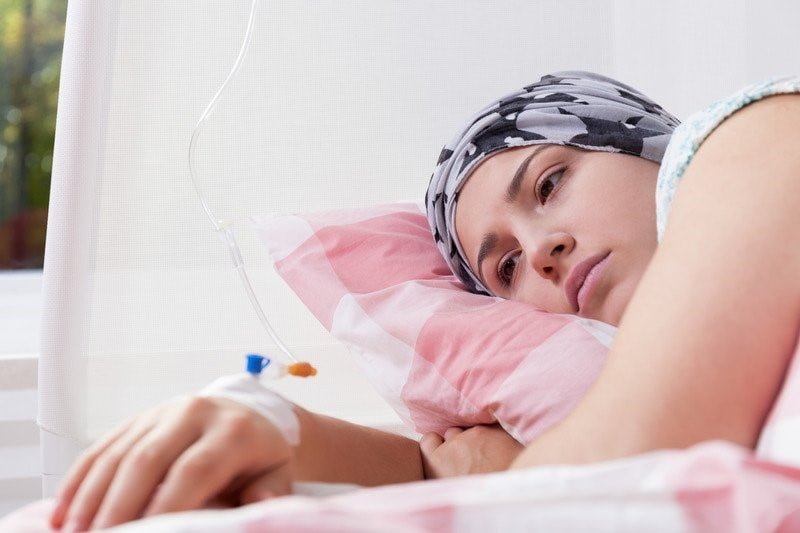Unlock the Healing Power of Acupuncture: Effective Relief for Cancer Patients
Introduction
Many cancer patients turn to complementary and alternative medicine (CAM) therapies to manage side effects of conventional treatments. Acupuncture, a CAM therapy, involves stimulating points on the body using thin needles, pressure (acupressure), electricity (electroacupuncture), or heat (moxibustion). Studies show acupuncture effectively manages pain, neuropathy, fatigue, insomnia, nausea, vomiting, hot flashes, and dry mouth. Leading oncology guidelines, including those from the National Cancer Institute and the American Cancer Society, recommend acupuncture as adjunctive care.
Nausea and Vomiting
Acupuncture significantly reduces treatment-related nausea and vomiting. A 2013 review of 41 randomized controlled trials found that acupuncture helped treat chemotherapy-induced nausea and vomiting. Patients receiving acupuncture experience less nausea and vomiting compared to those with standard care.
Pain Management
Acupuncture effectively manages cancer pain. A meta-analysis found it reduced cancer pain and decreased the use of painkillers. In breast cancer patients, acupuncture alleviates joint pain caused by aromatase inhibitors, improving physical well-being and quality of life.
Radiation-Induced Xerostomia (Dry Mouth)
Studies show acupuncture improves dry mouth following radiotherapy. It reduces the frequency and severity of symptoms compared to standard care. Patients treated with acupuncture during radiation have fewer symptoms and better saliva flow, with long-term benefits observed up to three years post-treatment.
Vasomotor Symptoms (Hot Flashes)
Acupuncture effectively relieves hot flashes in patients undergoing hormonal therapy for breast or prostate cancer. Electroacupuncture has been found more effective than gabapentin, with fewer side effects and improved sleep quality.
Fatigue
Fatigue is common in cancer patients and often results from radiation therapy and chemotherapy. Randomized clinical trials indicate that acupuncture significantly improves fatigue compared to standard care alone.
Insomnia
Acupuncture shows significant improvements in sleep quality for cancer patients. Studies compare it favorably to cognitive behavioral therapy for insomnia (CBT-I), with lasting effects observed even after therapy. Improved insomnia also correlates with better cognitive function.
Chemo-Induced Neuropathy
Acupuncture helps improve peripheral neuropathy caused by neurotoxic chemotherapies. Long-term improvements in symptoms and pain have been observed post-treatment. Benefits are also seen in neuropathy patients with diabetes and AIDS.
Other Symptoms and Side Effects
Clinical trials indicate that acupuncture helps relieve other cancer symptoms and treatment side effects, including weight loss, cough, anxiety, depression, and cognitive impairment. Acupuncture can alleviate or prevent these symptoms from worsening.
Conclusion
Acupuncture is a safe, effective, and natural method of healing. It can help manage many side effects of cancer therapy. If you or a loved one experiences these effects, acupuncture may be a worthwhile option for relief.
Author: Dr. Meng Xiong, ND, LAc

Dispensary: Fullscript
Have questions? Email balancendlac@gmail.com
To schedule an appointment, call 704-664-1031.

